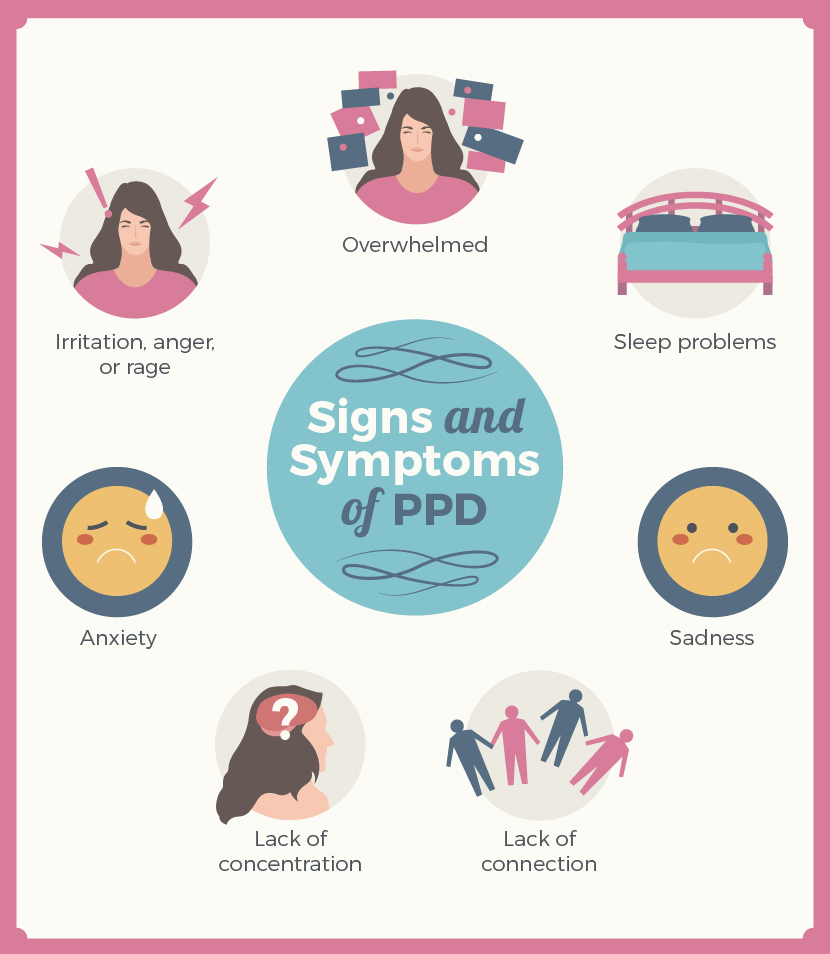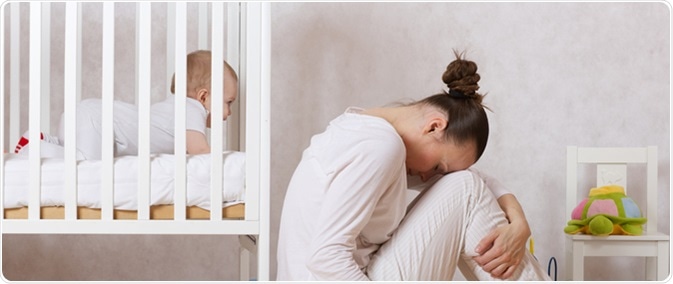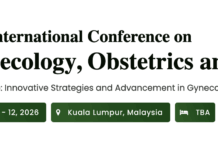The biggest disease this day and age is that of people feeling unloved.
Princess Diana
In 1995, Princess Diana made headlines for revealing she had suffered from postpartum depression after the birth of her first son. In the BBC1 interview, she is heard talking about an illness considered a taboo among the masses and largely being alone in dealing with the multitude of emotions associated with her illness.
The National Institute of Mental Health defines postpartum depression (PPD) as a mood disorder, experienced after childbirth, associated with feelings of extreme sadness and anxiety. Postpartum depression can leave a woman feeling extremely exhausted and make it difficult for her to do her daily activities.

Postpartum depression affects 1 in 750 mothers worldwide. The global prevalence is estimated to be between 7% and 30%.
Postpartum depression can occur from a combination of physical, emotional, genetic and social factors. The change in hormonal levels combined with the constant sleep deprivation is believed to contribute to the symptoms of postpartum depression.
A recent study published in the journal, Anesthesia and Analgesia, found that women who underwent general anesthesia during C-sections are more likely to experience severe postpartum depression requiring hospitalization.
The study looked at a total of 428,204 cesarean delivery cases performed in New York State hospitals between January 2006 and December 2013, of which 8% had undergone general anesthesia. Cesarean deliveries with general anesthesia were associated with a 54% increased risk of PPD and a 91% increased risk of suicidal ideation or self-inflicted injury, compared to those who received regional anesthesia.
General anesthesia induces sleep hence, preventing the mother from seeing their child immediately. The delayed breastfeeding and skin-to-skin interaction between the mother and infant are said to result in more pain after childbirth leading to severe postpartum depression.

Although the study is the first of its kind to establish a link between general anesthesia and severe postpartum depression, it does not look at the clinical data, therefore, the reasons for using general anesthesia are not explored. General anesthesia is usually used in emergency conditions, e.g. for pre-term babies or for mothers with pre-existing conditions like back deformities or bleeding disorders, who cannot be administered epidural or spinal anesthetic. These factors may also play a role in the development of postpartum depression.
More studies are needed to confirm the link between general anesthesia in cesarean deliveries and postpartum depression. If confirmed, the findings may help avoid the use of general anesthesia for cesarean delivery whenever possible and require hospitals to provide mental health screening, counseling, and other follow-up services to obstetric patients exposed to general anesthesia.
References:
Guglielminotti J, Li G. Exposure to General Anesthesia for Cesarean Delivery and Odds of Severe Postpartum Depression Requiring Hospitalization. Anesth Analg. 2020 Jan 29.
American Psychiatric Association (2013), Diagnostic and Statistical Manual of Mental Disorders (5th ed.), Arlington: American Psychiatric Publishing, p. 186, ISBN 978-0890425558, archived from the original on 2017-10-25
Parsons C.E., Young K.S., Rochat T.J., Kringelbach M.L., Stein A. Postnatal depression and its effects on child development: a review of evidence from low- and middle-income countries. Br. Med. Bull. 2012;101:57–79




